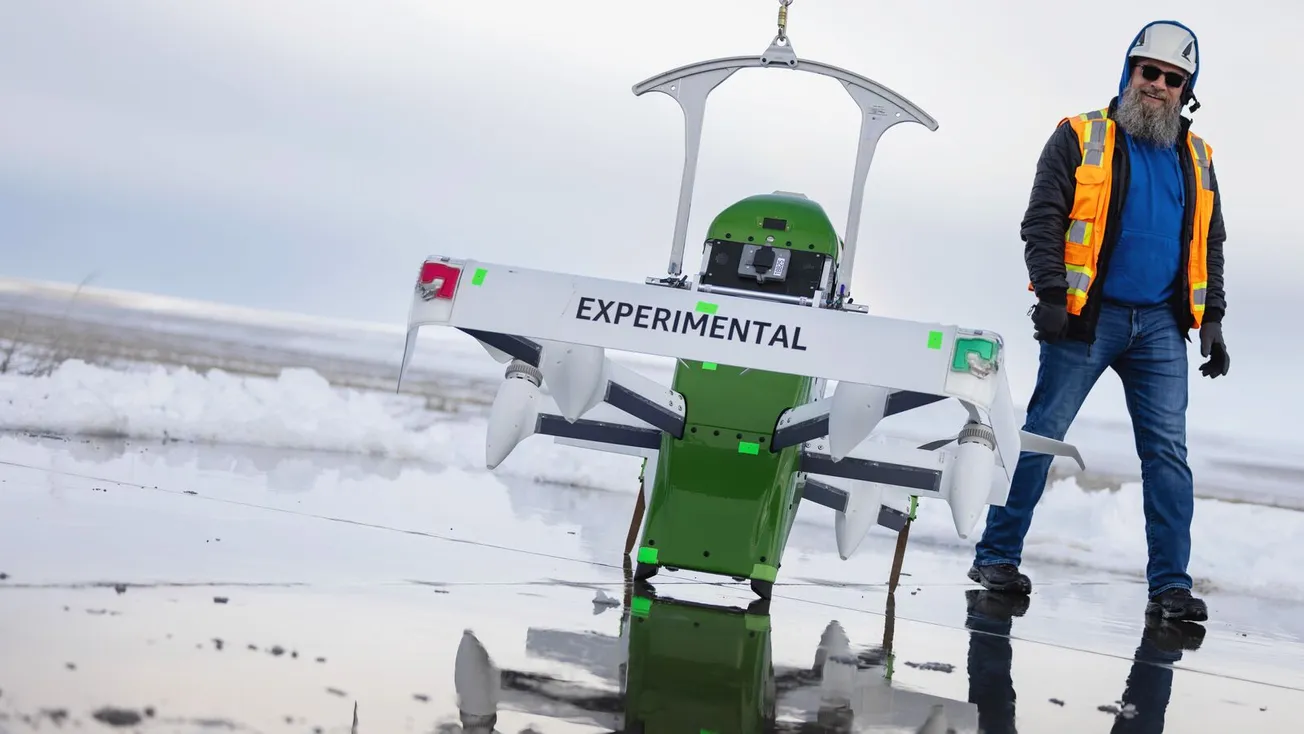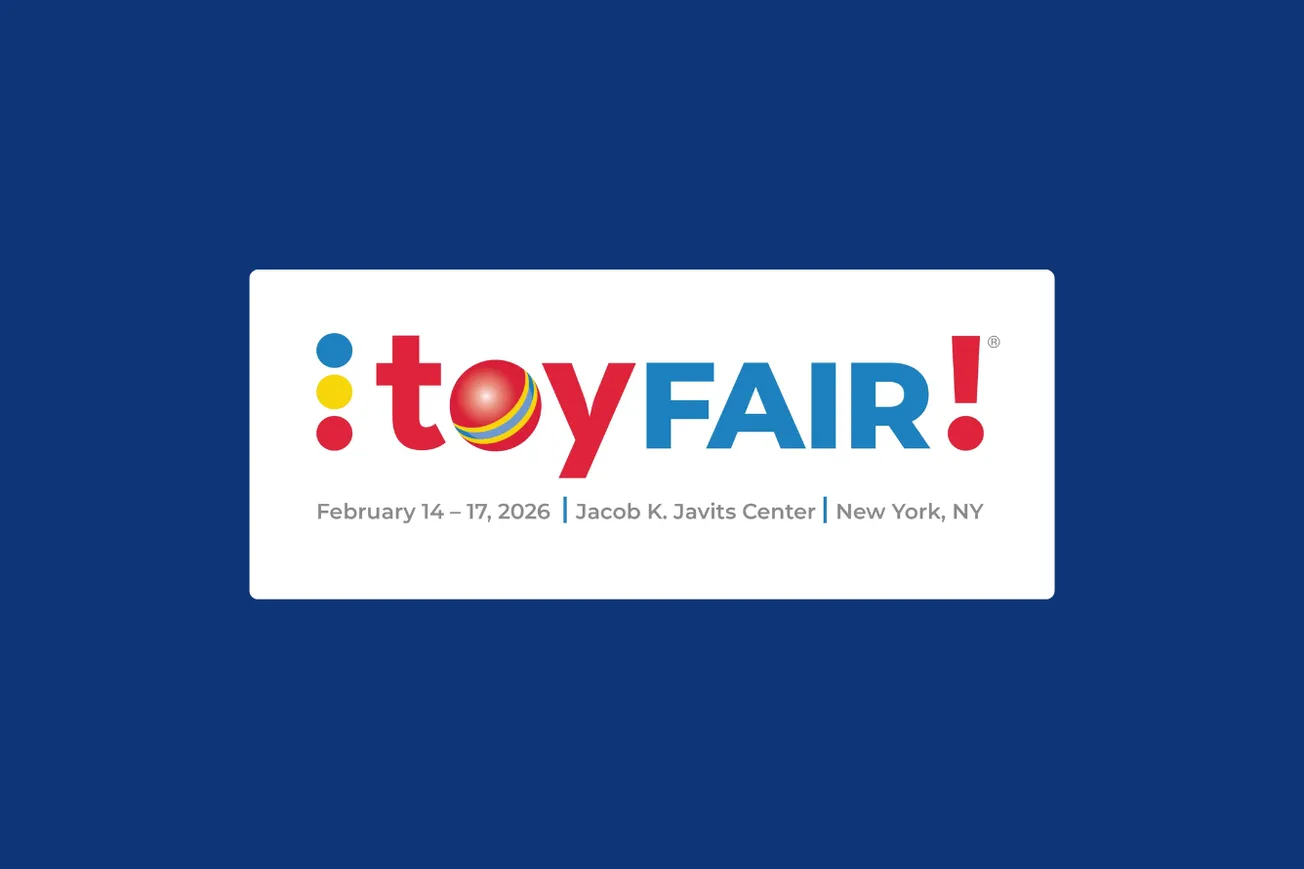SEATTLE—Amazon’s Prime Air MK30 drone has officially received FAA approval after rigorous safety testing, proving its ability to operate securely in complex environments. The company voluntarily paused operations to enhance the drone’s design after early deployments in Phoenix, Arizona, and College Station, Texas, provided new operational insights. After several demanding tests, the MK30 is back in service, delivering packages with enhanced precision and reliability.
Proving the MK30’s safety required a blend of creativity, rigorous engineering, and thousands of test flights. The drone underwent over 5,100 test flights totaling more than 900 hours in the air. Amazon engineers implemented safety protocols adapted from aviation, automotive, and military testing standards, ensuring the drone could withstand functional, environmental, and human-factor hazards.
“That is one of the most challenging, but also most rewarding, parts of our job,” says Phil Hornstein, who leads system safety for Prime Air, focusing on the drone’s design and engineering. “Our aim at Prime Air is to establish and meet a safety bar that is higher than what is required by regulators.”
Key safety tests included:
- Motor failure recovery: Simulated motors, propellers, and flight computer failures to ensure safe emergency landings.
- Obstacle avoidance: Testing the drone’s ability to detect and avoid unexpected obstacles, such as moving toys or shifting environmental hazards.
- Airspace safety: Running real-world simulations where helicopters and airplanes were flown toward the drone to assess its ability to detect and avoid other aircraft.
- Backup systems activation: Injecting failures to confirm the drone could switch to secondary flight controls mid-flight without compromising safety.
Amazon’s initial deployments revealed valuable insights, including the impact of environmental factors like Phoenix’s dust, which occasionally interfered with altitude sensors. While no safety incidents occurred, the team proactively improved the technology to eliminate potential risks.
With FAA certification secured, Amazon’s MK30 drone is poised to scale its delivery operations, integrating advanced AI-driven safety features to enhance reliability. The company remains committed to ongoing innovation, ensuring each iteration of its delivery technology is safer and more efficient than the last.








